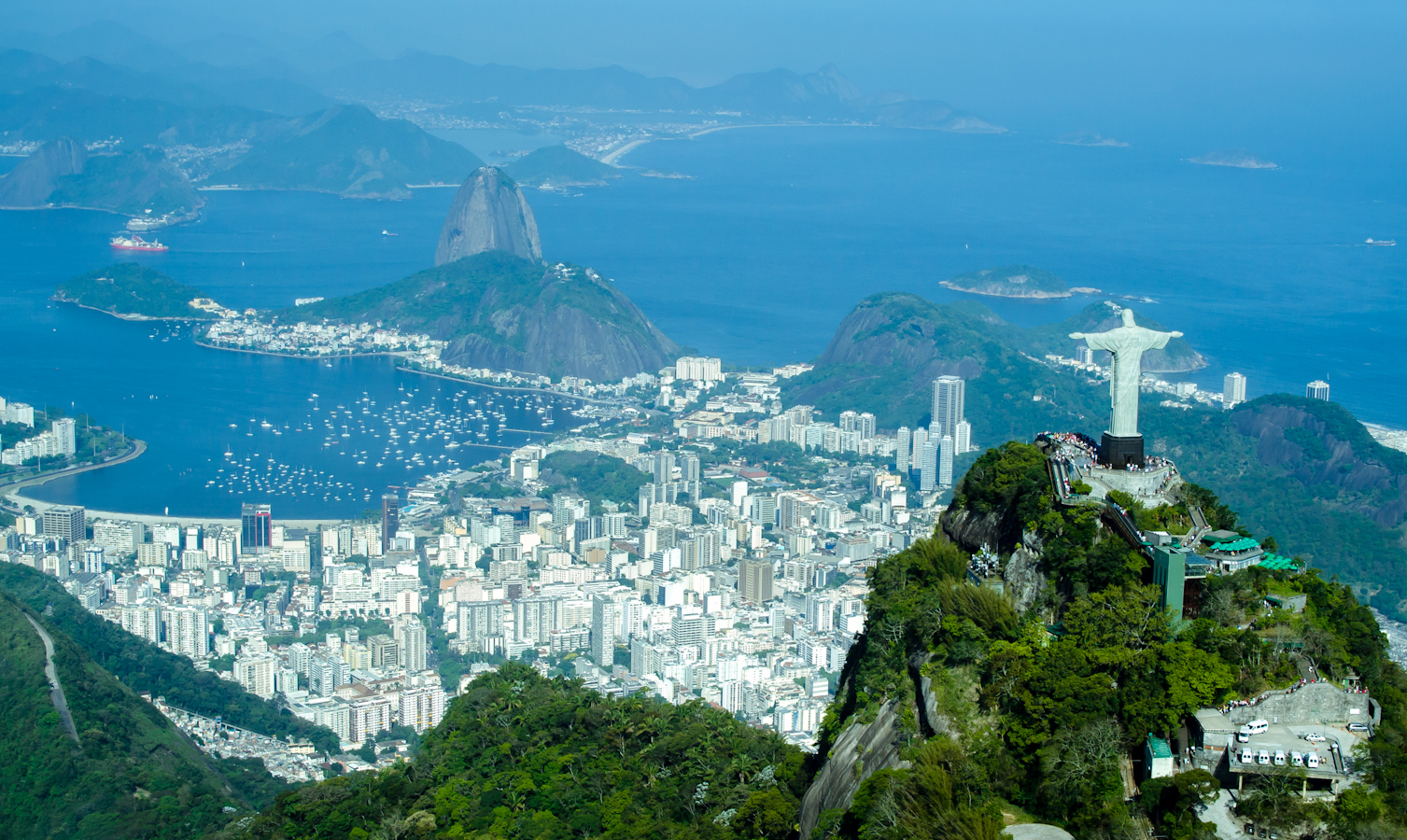The Olympic mess
In
Login if you are already registered
(no votes) |
(0 votes) |
The first Olympic Games in South America have drawn attention to all the key issues typical for the region. The event that should have been a major national celebration has lead to disappointment, social discontent, and the deepening split in the Brazilian society. At least this is the picture that the world’s leading mass media and numerous experts are trying to show. Is it true? Let’s try to find out.
The Olympics in Rio are literally surrounded by problems. It appears that they can be divided into four blocks: financial, social-political, organizational ones and the safety issues block in the widest sense. At the same time, one should distinguish between internal issues (the first two blocks) and, tentatively speaking, external issues (another two ones). While the former ones do not directly affect the public image of the Olympic Games and the host country, the latter ones compromise Brazil’s authority as the host of the Olympics and to a certain extent cast a shadow over other Latin American countries.

It’s easy building castles in the sky
According to various estimates, it cost Brazil $12 to 16 billion to organize the Olympics. These figures do not appear to be skyrocketing, but they leave a nasty aftertaste for a country that experiences an economic downturn. Not going into much detail concerning the worsening economic situation, it should be noted that financial problems as such concern the host country only and are usually not brought up for discussion. But Rio is a different story – the organizers have repeatedly officially mentioned a disastrous lack of funds to develop the Olympic facilities and organizethe event, causing initial budgets and costs reduction of in various respects (from the opening ceremony to the number of volunteers).
Political games
Financial costs combined with a deepening economic crisis have triggered social-political turbulence which was expressed in increased protest activity of those unsatisfied with the amounts of money spent on the Olympics. For ordinary Brazilians the spending issue is not an abstract topic - many of them, including firemen, police officers, and doctors have already experienced late payment or non-payment of salary and massive layoffs.
A deepest political crisis is simultaneously developing in the country as President Dilma Rousseff and her close associates were suspended from office. Rousseff’s fate will be determined on August 25, and the whole country is living in tension and obscurity, which doesn’t contribute much to the atmosphere of a sports holiday.
Lost in translation
The public image of the host country was most adversely affected by organizational and logistic issues that the athletes, delegation members and journalists faced as soon as they arrived at the destination. According to numerous reports, including those of the Olympic “veterans”, it was the most poorly organized sports event during the modern history of the Olympic movement. Unfinished venues, lack of conveniences in several rooms in the Olympic village, a mess with accreditation and logistics, terrifying quality of meals for athletes, and volunteers not speaking English – this list of adventures the guests faced as Rio is still incomplete. The quality of finished venues was also subject to much criticism, just like the world’s mass media have warned multiple times. It will just suffice to mention the story with the water in the Olympic swimming pool going green, saying nothing of the bike path along the Olympic village that collapsed before the Games actually started (meanwhile, its construction cost $12.7 million).
It’s definitely not the first Olympics whose participants and guests complain about the organization and logistics, as well as delays in the construction of the Olympic venues. Similar accusations were brought up against Russia (2014), Greece (2004), and even Canada (2010). But in Rio, the number of unpleasant incidents is beyond any reasonable limit. This is confirmed by statements IOC Vice-President John Coates made in April, who said that the preparation of the Rio Games was “the worst he had ever seen”.
Either robbed or sick
Security issues in the widest sense are also among the factors that directly affect the public image of the event, and it’s needless to say that it was another Brazil’s weakness. Besides the high crime rate frequently mentioned by experts when the host country for the 2016 Summer Olympics was still being chosen, two more aspects should be noted: Zika virus and ecological problems existing in Rio and neighboring territories and water areas.
A high crime rate in Brazil is not just an unpleasant expression. The athletes who were robbed and left without their personal things during the first days of the Olympiad were even lucky, as Brazil’s homicide rate per 100 thousand people is traditionally among the highest ones in the world. For instance, in 2013 the Brazilian Center for Latin American Studies jointly with so-called Latin American Faculty of Social Sciences (FLACSO) published an annual study of the violence level in the region’s countries. It specifically highlighted that in Brazil, a country that does not suffer from any internal or near-border armed conflicts, unlike other Latin American countries, has a higher homicide rate than numerous states in which conflicts have lasted for a long time. Since then, the situation hasn’t improved much: according to the Center of Organized Crime Investigation, the homicide rate in Brazil was 26.3 per 100 thousand people, which is higher in such dangerous countries as Columbia or Mexico.
It goes without saying that huge forces of police and the army were mobilized to ensure security, but even “all the king’s men” aren’t able to make tourists and athletes feel safe in the overpopulated city of Rio.
If a guest or participant of the Games was lucky to avoid falling victim to criminals, he or she might suffer from another misfortune – getting infected with Zika virus. However, It should be noted at once that during the winter season in Brazil (which is in place now) the danger of virus infection is lower, and the Brazilian authorities have actually done their best to prevent an epidemic when still preparing for the Olympics, as the fate of the whole event depended on the measures they were taking.
Finally, the ecology was another vulnerability of the country. Hardly any of the mass media outlets haven’t mentioned an antibiotic-resistant “super bacteria” discovered in Rio’s waters, as well as that the level of hazardous microorganisms in the water was 1.7 million times above normal. Besides, the waters intended for competitions are very much contaminated, causing the dead fish to be washed up on the shore. In other words, the picture is bleak. Ecological problems in Rio didn’t emerge yesterday, and the organizers initially planned taking measures to eliminate them, but the promises never came true.
Conclusion
It seems that it’s absolutely not right to form an opinion concerning the Olympic in Rio based on the political crisis in the country and the lack of funds for holding the most important sports event. Frankly speaking, whether the Brazilians fire their president or not has nothing to do with sport, the Olympics, and the athletes and tourists who came to this competition. A modest budget as such is not the end of the world. It’s more important and sad that Brazil as the host country of the Olympics was not able to make a positive impression by organizing the whole Olympic process properly. In other words, the “first Latin American” games failed due to negligence and disorder.
(no votes) |
(0 votes) |




